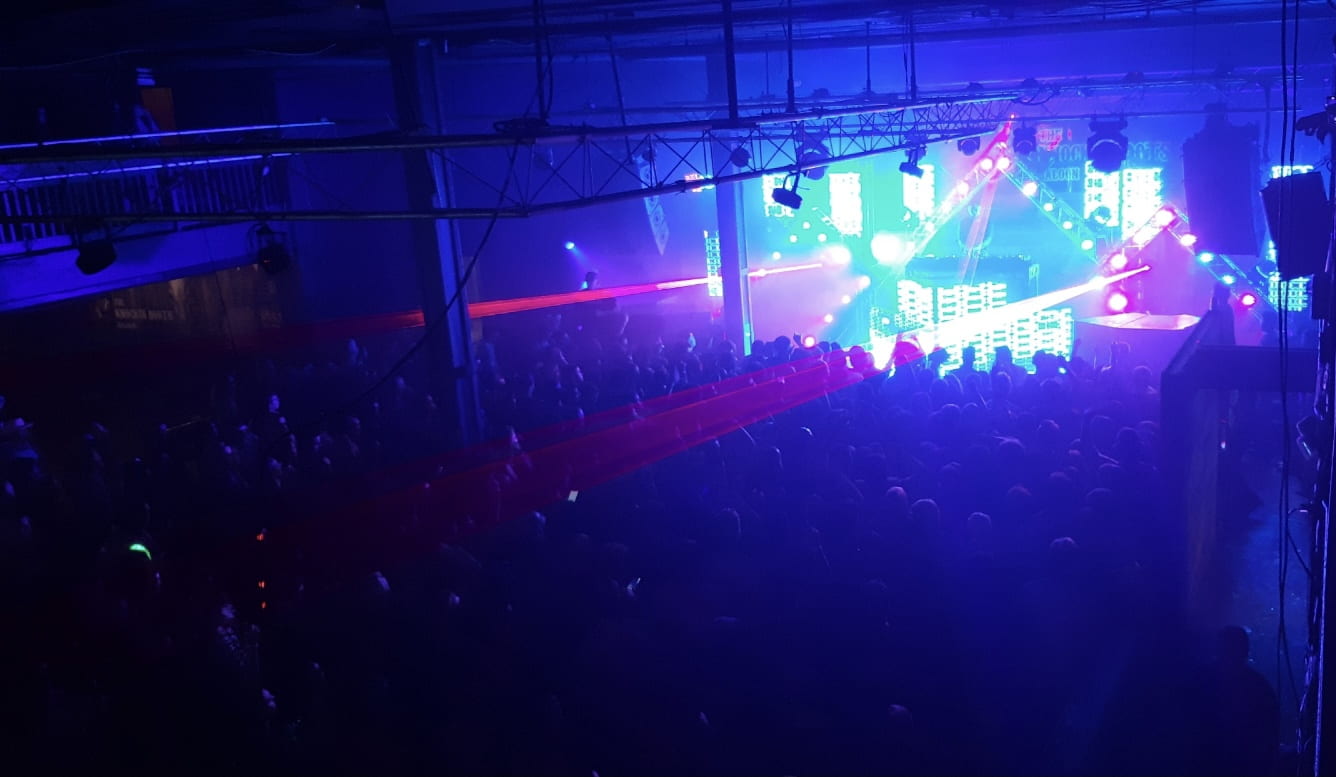Jessica Kladerman – Editor-in-Chief
It was summer of 2019 and I remember checking my emails one night when I came across an email from a band that carried me through my teenage years, My Chemical Romance. They had announced a very long-awaited reunion tour for 2020, the following year, and I immediately clicked the link to purchase tickets. This tour was such a huge deal there was a virtual waiting room to claim your ticket.
As I was waiting for my turn to pick the seats for the venue of my choice, I called my mother in the middle of her workday to enter the waitlist just in case anything was to go wrong on my end. Spring of 2020 came with a massive hit from the pandemic along with a follow up email that the tour would be postponed until further notice without much further detail. The COVID-19 pandemic took a massive hit every industry including the music industry.
Tour after tour was cancelled and music festivals were dissolved for the entire year of 2020 across the United States. Ultra Music Festival, held just south of here in Miami’s Bayfront Park, was cancelled for the first time in its 22-year history, and rescheduled for March 25, 26, and 27, 2022.
While artists across the world have been stifled by this challenge, there has been a boom in music creation in the last year and a half. Artists from all corners of the music industry from rappers Tyler the Creator, J. Cole, and the late DMX have graced us with new material. Back in May of 2020 at the height of the pandemic, Lady Gaga released her fifth studio album, Chromatica, encouraging artists to keep the industry alive. On the other side with alternative bands like Spiritbox, Evanescence and drummer Travis Barker have been slowly releasing new music and videos since the pandemic hit.
Local DJ and music producer Victor Forbes, better known as DJ Juno, reminded me that despite a physical arena to release music, there have been movements on social media platforms like YouTube where music producers have been able to share their music to honor the music industry’s touring season, as opposed to the part of the year usually used for composing.
“Festival livestreams, scheduled livestreams, and big label livestreams are relatively important because that was the only way to get their [artists] albums out,” says Forbes about the adaptation seen across the music industry in 2020.
As new developments in the pandemic began to unfold some artists began to experiment over the summer of 2021 reintroducing live shows again with varying degrees of COVID-19 protocols. For example, Machine Gun Kelly had a show in Jacksonville, FL that filled an arena without a mask in sight. On the other hand, Tchami, electronic music producer held a small show in Gainesville, FL at the beginning of July, 2021.
“The show in Gainesville was done by some people I know with Elysian Events. The attendees were generally vaccinated, there was a good mask presence, with controlled amounts of people. They’re running shows at with 50% capacity or less,” Forbes mentions about the Tchami show in Gainesville, FL. Some say it’s too soon for crowded venues, especially with the new Delta variant that is highly contagious, according to UC Davis Health’s website. Others are tired of waiting for a sense of normalcy that could be years away. One way or another the artists in the music industry will always find a way to adapt to extenuating times with creative ways to share their work.
The college will be keeping an eye out on recent COVID-19 positive numbers in the area to determine throughout the fall semester whether or not it will be safe to remain in Phase 3 or to return to Phase 2 of the COVID-19 Response Plan and Guidelines. Make sure to stay up to date with the college’s plans through the BC website.

